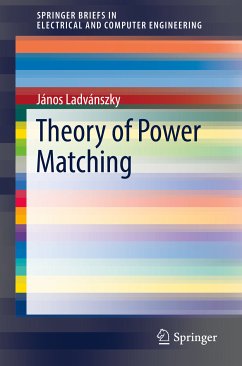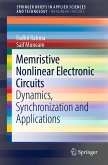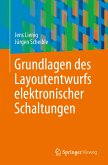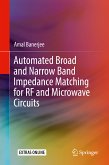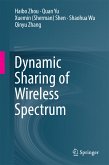This book describes the development of the power matching problem. It starts with the derivative-free proof of conjugate matching, goes through the nonlinear, resistive maximum power theorem and its reversal, extension of the concept of equivalence in the case of nonlinear circuits, application of the nonlinear, and resistive maximum power theorem for diode measurement. The author treats practically important special cases of nonlinear, dynamic power matching with applications, and the most general solution that is not realizable.
- Discusses the derivative-free proof of conjugate matching, the problem of equivalence in nonlinear circuits;
- Covers applications of the theory presented, such as maximum power load of a microwave power amplifier, image parameter matching, and application of power matching for economical problems;
- Includes proof of existence of the scattering matrix and causality of linear, passive circuits;
- Includes a table containing all known formulae for power matching.
Dieser Download kann aus rechtlichen Gründen nur mit Rechnungsadresse in A, B, BG, CY, CZ, D, DK, EW, E, FIN, F, GR, HR, H, IRL, I, LT, L, LR, M, NL, PL, P, R, S, SLO, SK ausgeliefert werden.

